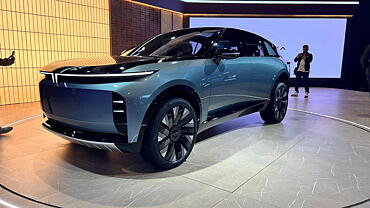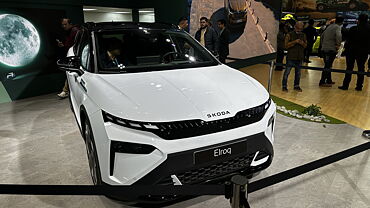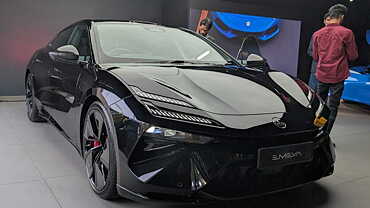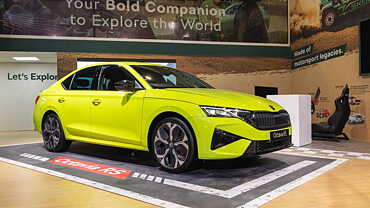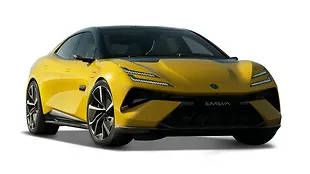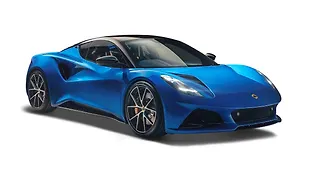
Tata motors owned Jaguar Land Rover (JLR) is a popular brand in the Indian premium vehicle segment. Reports indicate that the brand has witnessed a 15.8 per cent rise in 2016 and as per the latest UK automotive industry figures, JLR impressive growth is largely because of its popularity among ‘affluent buyers’ in the country. India is the eighth largest Asian market for UK car exports and JLR offers the Land Rover Discovery Sport, Ranger Rover Evoque, Jaguar XF, Jaguar XE and Jaguar F-Pace among the top five most popular models.
One of the UK's largest trade associations, the Society of Motor Manufacturers & Traders (SMMT), said the Indian demand formed part of a wider 17-year high for British car manufacturing last year. "India is now the eighth biggest Asian market for UK car exports, with demand rising at a rapid rate as an increasing number of affluent buyers take advantage of a range of all new premium and luxury British-built cars. UK car exports to the country grew 15.8 per cent to 3,372 in 2016," SMMT said in a statement. It also found that Indian-built car models accounted for 31,535 new car registrations in the UK, an uplift of more than 12.6 per cent on 2015.
Mike Hawes, SMMT chief executive said, "India and the UK have a great history of collaboration in the automotive sector and it is essential we secure mutually beneficial trade relationships in the future. India is a growing market, for the moment largely for luxury vehicles. But we face high import tariffs which makes it more difficult to sell into India." Adding further he said, "It remains to be seen the kind of trade deal the UK may look to agree with India post-Brexit. But meanwhile, it is very much about producing the right product for the market, which is in the premium category."
Reports indicate that more cars are now being exported from Britain than ever before, which the SMMT highlighted was the result of investment made over recent years in world-class production facilities, cutting-edge design and technology and one of Europe's most highly skilled and productive workforces rather than any Brexit effect. The production growth in the UK was predominantly driven by overseas demand, with global appetite for British-built cars rising by 10.3 per cent to an all-time high of 1,354,216 a second consecutive annual record.

